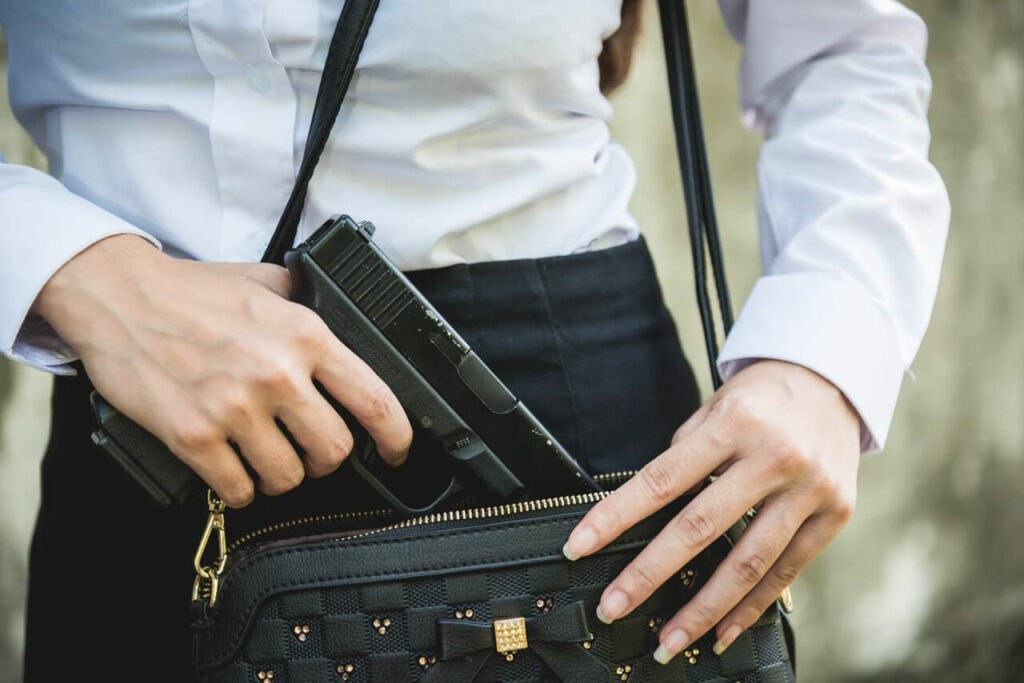People carry a self-defense gun in order to feel safe and protect their families when bad things happen. While you may be allowed to carry a firearm for self-defense, there are strict rules in place regarding how and when you can use your firearm. Violating those rules could lead to legal issues and criminal charges in some cases. Before you even ask where to buy a gun for self-defense, learn these laws about self-defense firearms.
You Must Have the Appropriate License
To have a firearm for self-defense, you must have the appropriate license in your state. For example, you must have a gun permit if that is what your state requires. You must have a concealed carry license if your state requires it and you take the firearm with you as well. Being caught in a situation where you use your firearm without the appropriate license, even for self-defense, will put you in legal trouble.
Responsibilities
In every case, you are required to act responsibly when discharging your firearm. There are specific situations where you are allowed to use your firearm for self-defense. All of them require you to calmly and rationally assess the situation. That way, you can determine if using your firearm is necessary. The person threatening you must be a reasonable threat and you must be in imminent danger. Otherwise, using your firearm against someone when it is not called for creates more problems for you.
Retreat Followed by Limited Force
If you are outside your home, your first responsibility is to retreat from the situation if possible before using your weapon. You have the responsibility to diffuse the situation and leave before you take any other action. This prevents unnecessary shootings, which the self-defense laws are established to avoid. If you cannot retreat, then you are required to limit the amount of force that you use to what is necessary to end the situation. If you can stop the problem with one bulled, then you should only fire once. If you can avoid deadly force by shooting at the lower body, then you are required to do so. Essentially, your responsibility is to avoid shooting or killing your aggressor if possible.
Castle Doctrine and Stand Your Ground Laws
Many states have Castle Doctrine and Stand Your Ground laws, which dictate when you are not required to retreat or diffuse the situation first. The Castle Doctrine applies to your home, where you are not required to retreat. Stand Your Ground Laws apply to situations outside your home where you are not required to retreat. Essentially, these situations arise when there is not a reasonable expectation that the situation could be avoided or where the aggressor is violating your boundaries voluntarily (i.e. coming into your home without permission).
Know the Laws Before Buying a Gun
Owning a gun for self-defense is your right as a US citizen, but you also have the responsibility to know how to use it according to the law. Before you buy a gun for self-defense, learn the laws in your state. At Lakeshore Guns, we teach concealed carry classes that can help you learn the laws. Call us at (269) 857-2248 to sign up for the next class.

